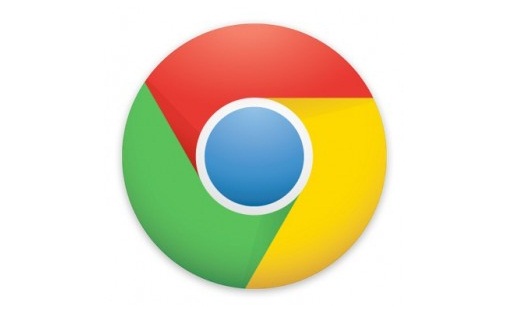Chrome Browser Reaches Fifth Birthday Milestone

In just five years, Google’s Chrome browser has gained a 41.4 percent share of the global browser market
Google’s Chrome Web browser was launched five years ago in 2008, when most people still accessed the Internet via their personal computer.
Now as Chrome celebrates its fifth birthday, things have changed dramatically.
Mobile Domination
Nowadays, mobile is huge and Chrome is a big part of a mobile user’s online arsenal, allowing users of just about any device to browse the Web, conduct quick searches and find the information they are looking for, whether they are at home, at work, travelling or on holiday.
 “Today marks the 5th birthday of Chrome, a project we started to push the web platform forward,” a Google spokesperson wrote in a 5 September post on the Google Chrome Blog. “From a humble beginning of static text, images and links, the web has grown into a rich platform teeming with interactive content and powerful applications. We’ve been astounded by how far the web has come and are very excited to see what developers around the world will be able to do with the new generation of Chrome Apps.”
“Today marks the 5th birthday of Chrome, a project we started to push the web platform forward,” a Google spokesperson wrote in a 5 September post on the Google Chrome Blog. “From a humble beginning of static text, images and links, the web has grown into a rich platform teeming with interactive content and powerful applications. We’ve been astounded by how far the web has come and are very excited to see what developers around the world will be able to do with the new generation of Chrome Apps.”
Chrome has had quite a ride since its birth. In June 2012, it surpassed Microsoft’s Internet Explorer as the world’s most used browser for the first time, and it added lots of useful features over the years to encourage even more users to adopt it.
Now as of August 2013, Chrome holds 41.4 percent of the global Web browser market, compared with 27.7 percent for its closest competitor, Internet Explorer, according to the latest global statistics available from StatCounter. Mozilla Firefox ranks third at 21.4 percent, followed by Safari at 8.3 percent and Opera at 1.3 percent.
A year ago, in August 2012, Chrome held 33.6 percent of the global browser market, which means it has climbed 7.8 percentage points in that span, while IE has fallen by 5.9 percent, according to StatCounter.
“It’s really been an amazing run to be part of, really gratifying,” Erik Kay, the director of software engineering for Chrome since the project’s beginning, told eWEEK.
“When started, we wanted to change the Web,” said Kay. “We wanted to get the Web moving faster. We wanted to light a fire under everyone else to kind of get things moving. Browser development had sort of stopped.”
Yes, Mozilla was doing a lot with Firefox to improve it and Microsoft was updating IE, but in general, browsers still did the same basic things as they had for years, he said. Chrome pushed the envelope and did some innovative things to bolster speed, security and simplicity, he said. One of Chrome’s innovations has been a built-in translator that allows users to visit sites in foreign languages that can then be translated by Google’s translation services.
Innovation Drive
“To see the spark that was lit under everyone else and that innovation, it got the standards processes moving much faster and better” for Web browsers, said Kay. “It was better than we could have hoped. The ability to impact this many users is a pretty rare opportunity and has really been a lot of fun. We think that competing in this space is great for the Web.”
The 5th birthday for Chrome “is a pretty big milestone for us,” said Kay.
So what is his opinion about the biggest Chrome breakthrough feature for users along the way?
That would be the automatic Chrome updating system that pushes out updates and new versions to users automatically and seamlessly, so that they don’t have to download and update their browsers on their own, he said. That improves security and eases maintenance, he said. “It sounds kind of mundane but at the time we did it, it was amazing,” Kay said.
At the present time, Chrome 29 is the latest version of the browser that’s been released, and new versions continue to be released and pushed out every six weeks, he said. With the automatic updates, that means that the vast majority of users are running the latest code within about a week of its release, according to Kay.
How well do you know your web browsers? Find out with our quiz!
Originally published on eWeek.